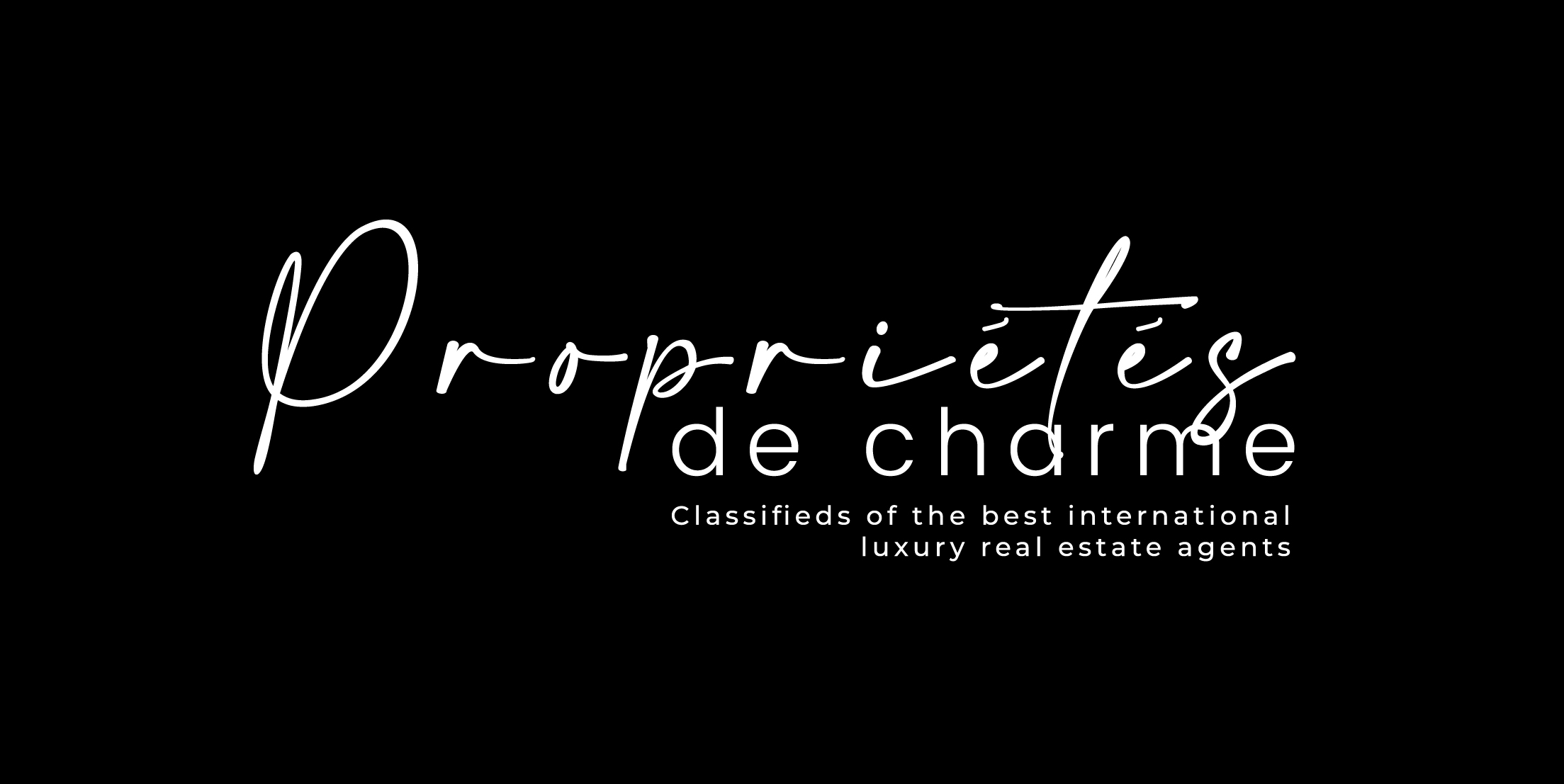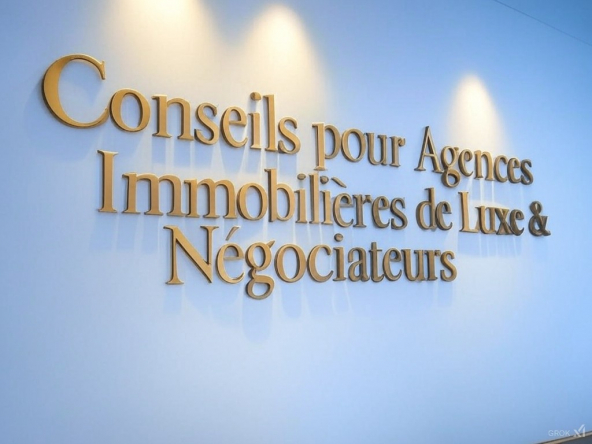Buying a Château in France: The Essential Things to Know
Acquiring a castle in France is the dream of many history and heritage enthusiasts. These majestic properties not only offer a unique living environment, but also an investment opportunity in exceptional real estate. This article presents the essential steps to follow to buy a castle in France, as well as practical advice to make your project a success.
1. Define Your Goals and Budget
Before you begin your research, it is crucial to define your purchasing goals. Would you like to live there, renovate it as a second home, or use it as a rental investment? At the same time, establish a clear budget. In addition to the purchase price, take into account notary fees, property taxes, maintenance costs and possible renovation work. The prices of castles vary considerably depending on their location and condition, ranging from a few hundred thousand euros to several million.
2. Choose the Location
France offers a diversity of regions where you can find castles, each with its own charm and particularities. Here are some of the most popular regions:
- Loire Valley: Renowned for its historic castles and picturesque landscapes, this region is ideal for history buffs. Cities like Amboise and Blois are home to magnificent properties.
- Provence: With its lavender fields and sunny climate, Provence is perfect for those seeking a peaceful atmosphere. Châteaux in cities like Avignon or Aix-en-Provence offer an idyllic living environment.
- Normandy: Normandy, with its medieval castles and its access to the sea, offers a unique atmosphere. Rouen and Caen are towns where you can find beautiful properties.
- Aquitaine: The region around Bordeaux is known for its wine châteaux. It is an excellent choice for those who want to combine castle life and a passion for wine.
- Alsace: Known for its medieval architecture and charming villages, Alsace is an attractive region for purchasing a castle, particularly in cities like Strasbourg and Colmar.
3. Hire a Real Estate Professional
To make your search easier, consider working with a property hunter or an agency specializing in the sale of castles. These professionals know the market well and can help you find properties that match your criteria while guiding you through the purchasing process.
4. Visit the Properties
Once you have identified several interesting castles, plan visits. Take the time to examine each property closely. Check the condition of buildings, environment, and available facilities. Don't hesitate to ask questions about the history of the castle, the work carried out, and any maintenance challenges.
5. Evaluate Historical and Architectural Value
Before making an offer, it is essential to assess the historical and architectural value of the castle. This may require the expertise of an architect or heritage expert. Understanding the building's historical classification can influence your renovation and maintenance costs as well as its long-term value.
6. Consider Regulations and Standards
The purchase of a castle in France may be subject to specific regulations, particularly in terms of heritage conservation. Learn about current laws regarding ownership and renovation of historic buildings. A notary experienced in this field will be able to guide you through these legal aspects.
7. Make an Offer and Finalize the Purchase
When you find the castle that meets your expectations, it's time to make an offer. If this is accepted, a sales agreement will be established. It is crucial to work with a notary to finalize all legal and administrative formalities. Make sure you understand the terms of sale before signing.
Buying a castle in France is an exciting project that requires careful preparation and good knowledge of the market. By defining your goals, choosing the right area, working with knowledgeable professionals, and understanding the legal aspects, you will be well positioned to realize your dream of owning a historic property.
Follow “ ProprietesDeCharme.com ” on YouTube but also on Facebook Twitter LinkedIn Instagram Pinterest




